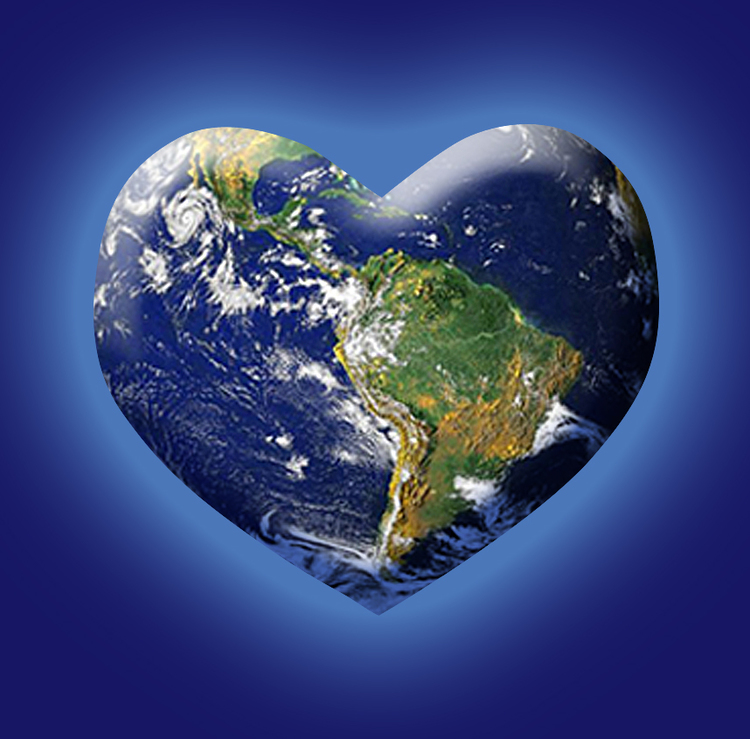Let’s imagine again – this time, that you’re about to have a child. (Guys, bear with me.) Imagine that it is typical and expected that when you go into labor, you’ll go off by yourself into your garden and give birth alone. Imagine that if there are complications, no one is with you to help, but even if there were and it was determined that you needed urgent medical care, that the nearest health center is an hour’s flight away – on top of the hour minimum it would take the plane to fly in to get you in the first place. Imagine your justified fear as you approached your due date.
This has been the traditional way of giving birth among the Achuar people, an indigenous Amazonian tribe living in the rainforest that I visited in Ecuador a few weeks ago. You can easily understand why infant and maternal mortality are quite high in this region. Then along comes Narcisa Mashienta, a spitfire woman from the neighboring Shuar tribe, who married into the Achuar and immediately saw the unnecessary suffering and death the women endured in childbirth. As this was not her tribe’s culture, she set out to shift this practice and increase the health outcomes for both mother and child. Partnering with an American midwife, Margaret Love, and the nonprofit Pachamama Alliance, Ikiama Nukuri (formerly called Jungle Mamas) was born. Over the last 10 years, they have trained 63 Achuar Health Promoters to visit 87 of the far-flung Achuar villages, meeting with pregnant women, screening for high-risk pregnancies, and providing Safe Birthing Kits which include sterile supplies for delivery. They are also promoting the idea that birthing doesn’t need to happen alone, and has much better outcomes when assistance and support are given. Slowly the culture is changing to include mothers, sisters, and the health promoters themselves attending births. Since starting the program, there have been no deaths among the women who have been seen by the health promoters. Quite an amazing statistic!
My group got to meet one of their star Health Promoters, Veronica, as well as many of the women who had been assisted by Ikiama Nukuri in their births. We also took part in a training in one of the villages, where a pantomime birth took place (dramatically and hilariously acted out by our guide Belen) and the new baby’s father was portrayed supporting his wife through labor. This is an even farther reach to involve the husbands in the births, as typically they stay far away. Even helping out with cooking and chores after a birth are seen as “unmanly” and other men in the village make fun of those husbands who do help out. As you can imagine, this too is a point that is up for addressing, and the hope is for a Achuar man to step forward who is strong enough to be able to speak out against this bias, and start the shift towards a more equitable sharing of responsibilities here too.
My favorite memory is Narcisa explaining to us how they are promoting family planning using the not-perfect-but-way-better-than-nothing rhythm method. They have workshops for the women to create necklaces with 28 beads – the first nine, small beads (days safe to have sex), three slightly larger beads (caution days) and four big beads (abstain!!). Then back to the three caution beads, and then nine more small “safe” beads. The men who are on board with this system create bracelets for themselves so they can keep track too.
While there’s obviously a long way to go, great strides are being made. Imagine their brighter future!


















